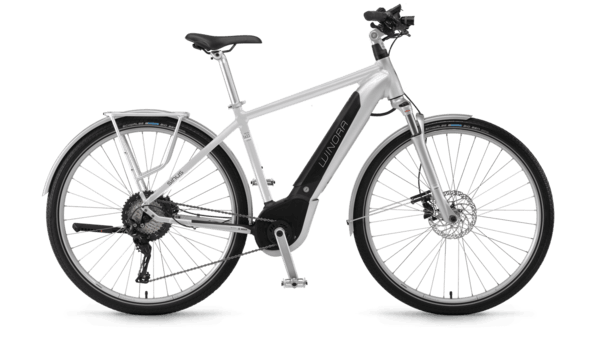types of thread rolling machine
Types of Thread Rolling Machines An Overview
Thread rolling is a widely used method for creating threads on cylindrical products, enhancing their strength and durability compared to traditional cutting methods. This manufacturing process involves using a thread rolling machine, which deforms the material to form the required threads rather than removing it. Given the importance of thread rolling in various industries, understanding the different types of thread rolling machines can help manufacturers select the right equipment for their specific needs.
1. Flat Thread Rolling Machines
Flat thread rolling machines are equipped with flat dies, which allow for the rolling of threads directly on the surface of a cylindrical workpiece. These machines are typically used for producing external threads on bolts, screws, and similar fasteners. The primary advantage of flat rolling machines is their ability to produce high-precision threads with excellent surface finishes. They are versatile and can handle various sizes and profiles, making them suitable for a range of applications in automotive, aerospace, and general manufacturing industries.
2. Circular Thread Rolling Machines
Circular thread rolling machines use cylindrical dies that rotate around the workpiece to form the threads. This type of machine is ideal for high-volume production runs, as it can process multiple parts simultaneously. Circular thread rolling is especially effective for creating long and continuous threads, which is why it is commonly employed in the manufacturing of long bolts, studs, and other similar components. The rolling action is often faster than flat rolling, resulting in increased productivity.
3. Radial Thread Rolling Machines
types of thread rolling machine

Radial thread rolling machines operate by compressing the material from the radial direction. This equipment is particularly effective for rolling threads on small-diameter and thin-walled components, where traditional rolling methods might be less effective. Radial machines provide the benefit of reducing waste material, as they rely on the deformation of the workpiece rather than cutting. These machines are highly beneficial for industries where weight and material conservation are essential, such as in the production of lightweight components for aerospace applications.
4. Universal Thread Rolling Machines
Universal thread rolling machines offer the flexibility to perform various types of thread forming and are equipped with interchangeable die sets. This versatility allows manufacturers to produce different thread profiles and sizes without necessitating significant modifications to the machine setup. As such, universal machines are highly desirable in job shops and environments where diverse production runs are common. They can accommodate both external and internal threading, further enhancing their utility in various applications.
5. Automatic Thread Rolling Machines
Automatic thread rolling machines are designed to minimize manual intervention, allowing for higher levels of automation in production. These machines are equipped with advanced control systems that enable them to operate continuously, handling multiple pieces with precision and consistency. Many automatic machines come with built-in loading and unloading systems, which streamline the manufacturing process and reduce labor costs. They are particularly suited for high-volume production environments, ensuring that manufacturers can meet tight deadlines without sacrificing quality.
Conclusion
Choosing the right type of thread rolling machine is crucial for ensuring the efficiency and quality of thread production. Each type of machine has its own set of advantages and is tailored for specific applications and production requirements. Manufacturers must consider factors such as the material being used, the desired thread profile, volume of production, and budget constraints when selecting a machine. In a competitive manufacturing landscape, investing in the appropriate thread rolling technology can lead to significant improvements in performance, cost-effectiveness, and overall product quality. Whether it’s for automotive components, aerospace applications, or general fasteners, understanding the types of thread rolling machines will help businesses make informed decisions that enhance their manufacturing capabilities.


